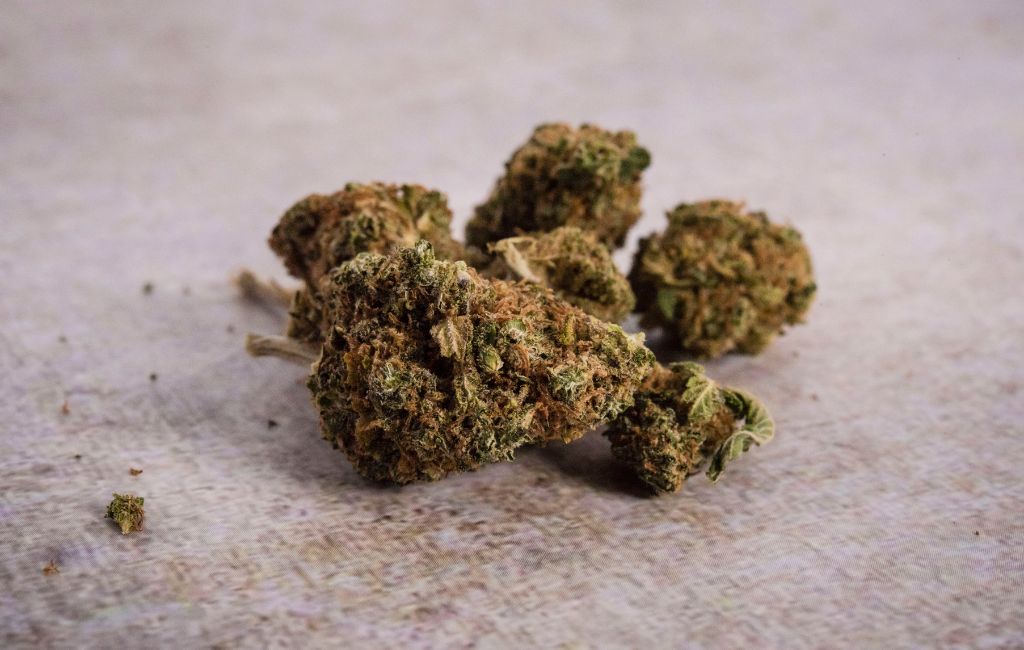THCa Flower: Therapeutic Benefits

THCa Flower for Therapeutic Benefits
The exploration of cannabis for therapeutic purposes has gained significant momentum in recent years. Among the various compounds found in cannabis, THCa (tetrahydrocannabinolic acid) has emerged as a subject of interest for its potential health benefits. Unlike THC, THCa is non-psychoactive, making it an appealing option for those seeking relief without the high. This article delves into the therapeutic benefits of THCa flower, supported by research, examples, and case studies.
Understanding THCa
THCa is a cannabinoid found in raw and live cannabis plants. It is the precursor to THC, the compound responsible for the psychoactive effects of cannabis. When cannabis is heated through smoking, vaping, or cooking, THCa converts to THC. In its raw form, THCa does not produce a high, which makes it an attractive option for therapeutic use.
Potential Health Benefits
Research into THCa is still in its early stages, but preliminary findings suggest several potential health benefits:
- Anti-inflammatory Properties: THCa has shown promise in reducing inflammation, which could be beneficial for conditions like arthritis and inflammatory bowel disease.
- Neuroprotective Effects: Studies indicate that THCa may help protect brain cells, potentially offering benefits for neurodegenerative diseases such as Alzheimer’s and Parkinson’s.
- Anti-emetic Effects: THCa may help reduce nausea and vomiting, making it a potential option for patients undergoing chemotherapy.
- Appetite Stimulation: Similar to THC, THCa may help stimulate appetite, which can be beneficial for individuals with conditions that cause appetite loss.
Case Studies and Research
Several case studies and research efforts have highlighted the potential of THCa in therapeutic applications:
Case Study: Inflammatory Conditions
A study conducted by the University of Guelph examined the effects of THCa on inflammation. Participants with arthritis reported a significant reduction in pain and swelling after using THCa-rich cannabis extracts. This suggests that THCa could be a viable alternative to traditional anti-inflammatory medications.
Research on Neuroprotection
Research published in the British Journal of Pharmacology explored the neuroprotective properties of THCa. The study found that THCa could help protect neurons from oxidative stress, a key factor in neurodegenerative diseases. These findings open the door to further exploration of THCa as a potential treatment for conditions like Alzheimer’s.
Methods of Consumption
There are various ways to consume THCa flower, each offering different benefits:
- Raw Consumption: Consuming raw cannabis leaves or flowers in smoothies or salads preserves THCa in its natural form.
- Tinctures and Oils: THCa can be extracted into tinctures or oils, providing a convenient way to incorporate it into daily routines.
- Topicals: THCa-infused creams and balms can be applied directly to the skin for localized relief from pain and inflammation.
Legal Considerations
The legal status of THCa varies by region. In some areas, THCa is classified similarly to THC, while in others, it is considered legal due to its non-psychoactive nature. It is important for consumers to be aware of local regulations before purchasing or using THCa products.
Conclusion
THCa flower presents a promising avenue for therapeutic benefits without the psychoactive effects associated with THC. While research is still ongoing, early findings suggest potential in areas such as inflammation reduction, neuroprotection, and appetite stimulation. As interest in cannabis-based therapies continues to grow, THCa may become an increasingly important component of holistic health approaches. Consumers interested in exploring THCa should stay informed about the latest research and legal developments to make educated decisions about its use.